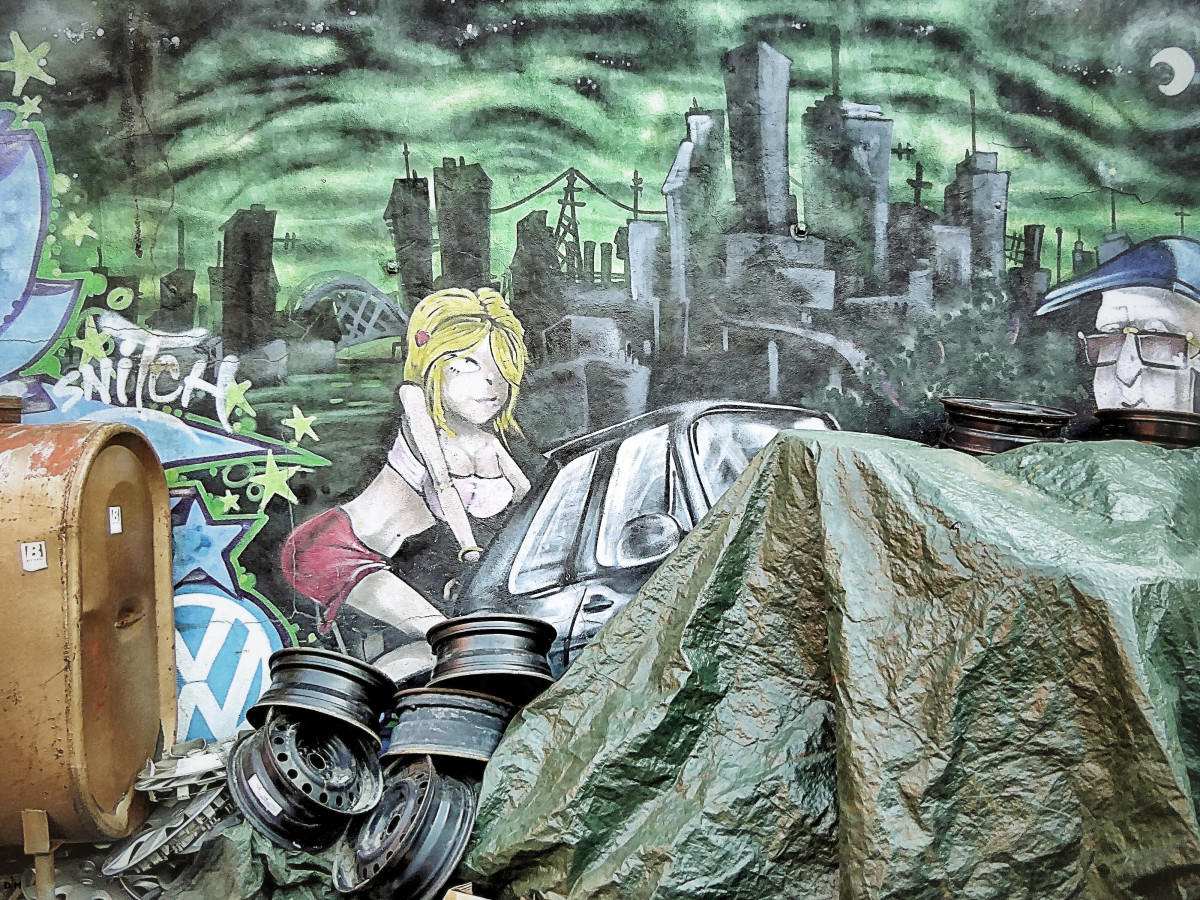The Great Shift Toward Automation and the Future of Employment
Overview
The 20th century brought mechanization and later automation that reduced manufacturing and farming labor requirements in the Third World. Cheap computing is even reducing the need for "knowledge" workers in the developed world. This is leading to a "Great Shift" in employment.
The Great Shift in the employment market is dislocating hundreds of millions of farmers into cities and dropping demand and pay for college educated people in the liberal arts, business and "knowledge" sector workers. What areas will continue to employ people? What long term employment trends can we expect from the rise of automation?

Caring for People
There are tasks that robots are currently unsuited to perform: raising children, caring for the elderly, teaching, virtual assisting, medical supervision. And it is unlikely robots will ever take over these tasks. The first reason is due to the high cost of robots that could do it right, either from advanced intelligence or physical dexterity and sensitivity.
A second reason is the low cost of entry into the job of "caring for people". Parents automatically care for their children and their parents unless they can afford to pay others to do this work. The broad pool of workers makes humans far cheaper than robots or machines ever will be.
The third reason robots will not replace teachers, childcare providers and nurses will be human preference for other humans. The specter of Terminator robots or machines simply deciding you should not live and turning off the life support will impede any serious movement into robots taking over jobs caring for people even if mechanization advanced to the point of being cost competitive.
"Caring for people" jobs are emotionally rewarding to a large percentage of the population. Many humans will continue working in these functions without pay, as stay at home parents or caregivers or home-schoolers. With pay, they would continue those functions in the households or establishments of others.

Caring for the Environment
Jobs caring for the environment range from environmental remediation to landscaping, farming to pest extermination, and veterinary medicine to biological census work. The workforce for most of these positions can be filled with little to no training.
In a similar vein to "Caring for people" jobs, many people want to work in these positions. There is no reason to think that environmentalists who will plant a tree as volunteers would not do so for minimum wage in an era of high unemployment. Fixing roads, clearing walking paths, shoveling snow, ripping up weeds - these tasks are geographically dispersed, intermittent in need and physically variable.
This decreases its suitability for mechanization. And given the billions of people qualified for these jobs, often derided as "shovel ready", the low cost of human labor will prevent serious mechanization except for the most physically demanding or hazardous work.
These jobs will also continue in poorer areas of the world, as people continue doing what they have always done regardless of the technological advances of the rest of the world. An African farmer will not be replaced by a robot in places without reliable electricity, and his neighbors won't take kindly to a fully powered robot while they sit in the dark, sweltering without air conditioning.
Caring for Robots
There are factories in which machines and toys and gadgets are produced with only a few human supervisors. The remaining staff centers on a few design engineers and a team of highly educated mechanics for the robots.
As mechanization and automation increase, so do the number of people required to maintain them. These jobs center on high skill and education levels. However, basic tasks from cleaning up spills to visual checks that robots are doing what their sensors say they are doing will still exist. An accompanying army of diagnostic technicians and human supervisors will follow closely behind the rise of increasingly automated factories.
Entertainment as a Social Experience
Streaming video has not destroyed the live comedic performance, the Broadway play or the band playing in a bar. Live entertainment's attraction is not just the entertainment but the social life. The rise of mass media into new corners of the world will add novelty and diversity, but it will not wipe out live entertainment as a source of entertainment or as a social experience.
Humans will also continue employment in creating trends, gossip and inventing new novelties. Nothing is news until a person reports it and shares it.
Mass Production Makes Customization a Luxury
In the 1800s, one of the first areas of mechanization was the production of cloth and clothing. Unemployed wool and linen weavers flooded into the cities to work in factories. Yet that winnowing of the employment field has not eliminated all craftsmen. Hand knit rugs, caps, scarves and gloves are available in abundance on crafting websites.
Hand made dresses from across the world are available, emblazoned with the "made by hand" label to justify its high price. Quality and hand-made were historically considered opposites. A book I read once noted when the author first noticed his future wife, stating "her clothes were hand made - well-made, but hand made." His surprise was at the high quality of hand-made, indicating quality where there was rarely such.
Mass production creates volume, but the demand for high quality as a luxury item still remains. From hand made pottery to furniture to clothing to any other type of good, hand made will remain a source of employment for the best in their business. The rest will have to find another source of work.
Saving Ourselves
We will happily permit robots to do what we don't want to do or risk doing. Yet we cannot and will not cede control over our safety to them.
Humans will continue to work in civil defense, anti-terrorism, cyber-warfare defenses, and security. A human bodyguard can't be hacked (yet), while a security system could be. Several ethical standards and legal bodies have said that we can't let drones and other robots have free reign to kill in accordance to their programming, because the death toll will be too high and indiscriminate. This means there is significant pressure to ensure that it is a human in the driver's seat who gives the kill order, if only because human psychology will inhibit the number of deaths in most cases. We will also retain humans in the roles preserving sanity and emotional support like psychology, counseling, religious support and personal advisers.
We value humans in these roles for the emotional response we feel when others are present and trying to help us. Machines cannot fill these roles well until they look and act like us, something the growing demand for energy by humans and rising tide of humans needing work will most likely prevent. We may let machines manage our criminals, provided both machines and criminals are supervised by qualified law enforcement staff.

Selling Yourself and Selling to Others
A world full of people is driven by human demands and human desires. One of the surest ways to sell a product is word of mouth. Another is to present a person who looks like what the potential customer wants to be using the product. Combine these two methods and you gain the pretty person standing in front of the store demonstrating the product, handing out fliers, giving away samples and talking to customers about the product they are selling.
This sales method pre-dates civilization and through economically collapse areas like Argentina of the 2000s to First World grocery stores. In person sales will continue after the Great Shift because men will prefer to talk to a sales girl they could possibly get on a date and women will believe the word of someone in front of them over a pre-programmed hologram or robot.
Summary
We can spend billions building robots that can do these tasks in a world already struggling to meet growing energy needs and pay trillions in welfare. Or we can cede these jobs to the human sphere and keep billions of people employed. Human nature alone will keep whole industries human in the face of rising mechanization.






